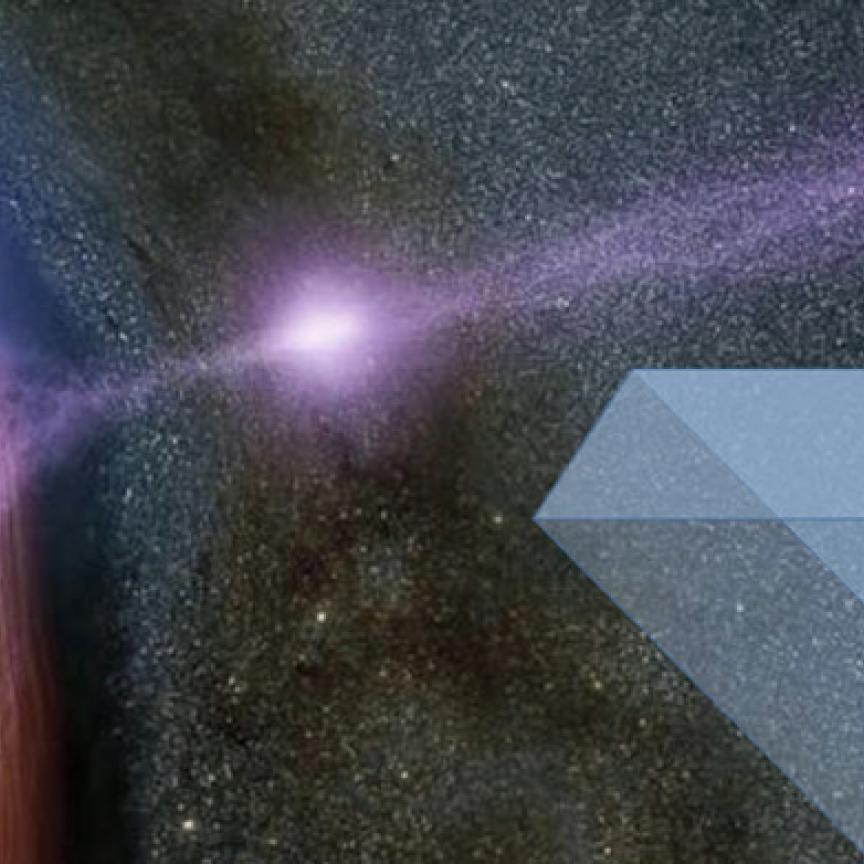Professor Sir James Hough, a professor at the University of Glasgow's School of Physics and Astronomy, has received a Knighthood in the Queen’s Birthday honours 2018 'for services towards the detection of gravitational waves.'
The Knighthood is the latest in a string of honours awarded to him and his colleagues in the Institute for Gravitational Research at the University of Glasgow, Scotland, following their substantial contribution to the detection of gravitational waves in 2015. Earlier this year, professor Hough won a Gold Medal in astronomy from the UK's Royal Astronomical Society also for his work on one of the biggest scientific breakthroughs of the century.
Gravitational waves – disturbances in the curvature of space-time – were predicted by Albert Einstein in 1916 as a fundamental tenet of his theory of General Relativity. They were first detected a century later by the Advanced Laser Interferometer Gravitational Wave Observatory (LIGO), emanating from the merger of two massive black holes. This discovery gave astronomers an entirely new tool for studying the universe.
Over four decades, professor Hough developed many of the key technologies and experimental techniques that made this first detection of gravitational waves possible. The detection required extremely precise measurements of tiny signals embedded in a very noisy environment. This was achieved using laser interferometers capable of measuring shifts of less than a thousandth of the diameter of a proton (one of the particles that makes up the nucleus of an atom), or about a million million millionth of a metre across.
Professor Hough, working as part of the STFC-supported UK/German GEO600 team, developed the sophisticated mirror suspensions that enabled LIGO to reach the sensitivity required for the discovery.
'I am delighted and a bit overwhelmed by this honour. I am so pleased that the detection of gravitational waves has had such a scientific impact and am looking forward to the future discoveries my colleagues and I are going to see in the coming years,' professor Hough said.
Commenting on the honour given to Professor Hough Science and Technology Facilities Council (STFC) executive chair professor Mark Thomson said:
'I am absolutely delighted that Professor Hough has been recognised at the very highest level for his career lifetime contribution to testing Einstein’s theory of gravity leading to the 2015 detection of gravitational waves. His work has been instrumental in the development of the laser interferometers that led this ground-breaking observation and that form the basis of our global network of gravitational wave observatories.'


